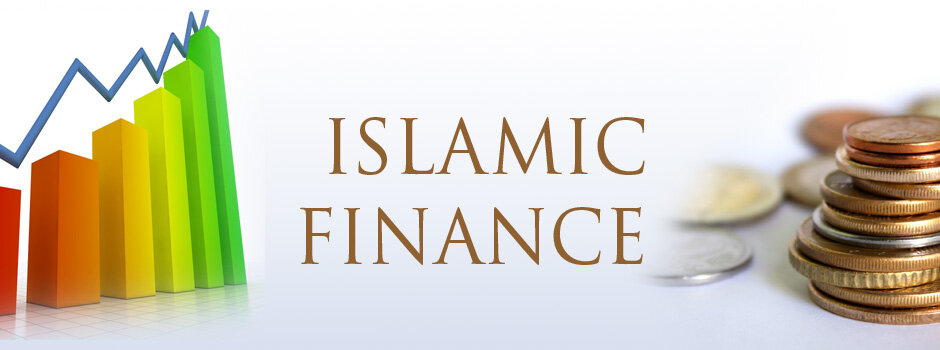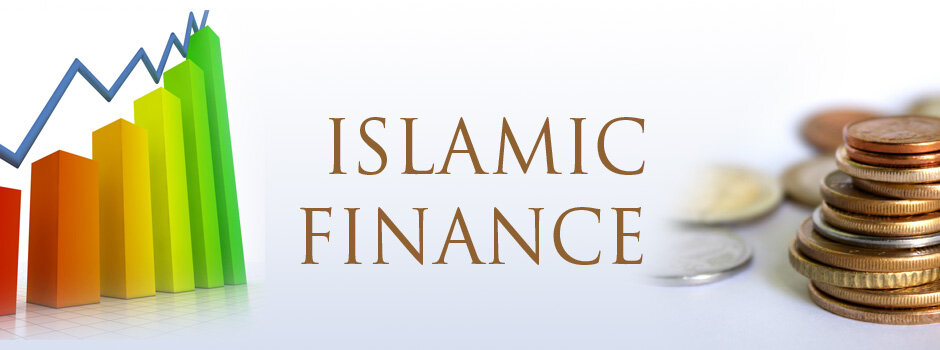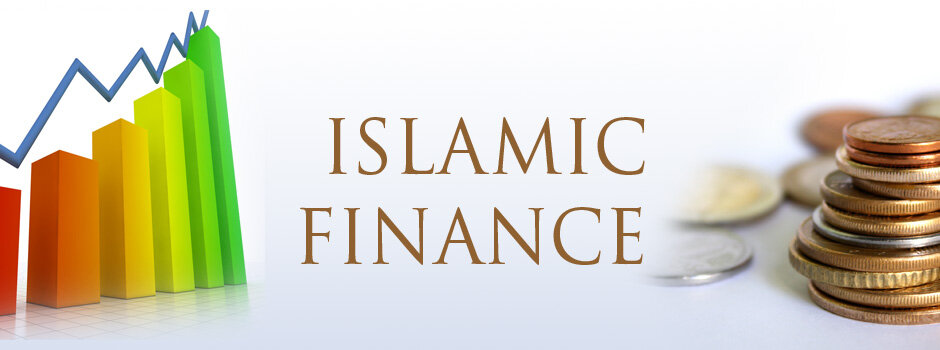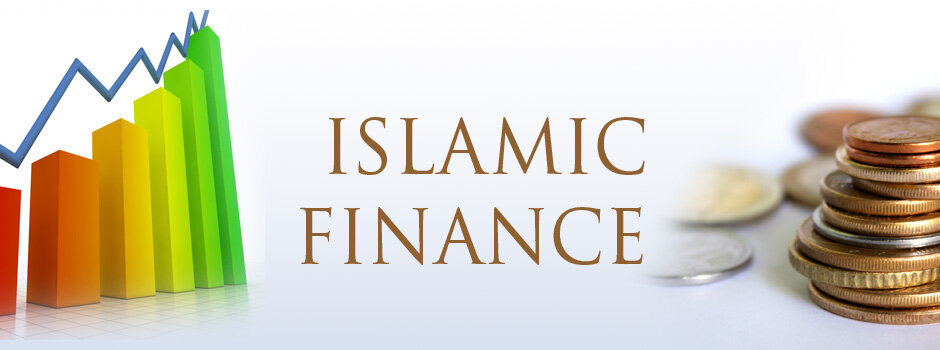People who are categorical and overconfident often believe they can thoroughly study everything from books and journal articles, attend a few "Young Broker School" classes, and then boldly venture out alone to make million-dollar gains. However, it's clear that it's not that simple. This realization should prompt you to consider the boundary between what you can manage yourself and what you cannot.
Basic financial literacy is essential for surviving in today's world. It will help you form your financial plan and set specific goals for saving, insurance, investing, and more. However, significant help in achieving these goals in the financial market can only come from a properly chosen professional financial intermediary. If you value professionalism and are ready to abandon the once-popular idea of "do it yourself," the main question becomes: how do you choose a financial intermediary?
The choice of a financial intermediary can be roughly divided into three stages: evaluating quantitative criteria, brand, and the manager's personality. At each stage, you sift the potential pool of intermediaries through a sieve. The first sieve has the largest holes, the second is finer, and the third leaves you with those you can work with.
Quantitative criteria are indicators that can be expressed in numbers:
- Length of time on the market: It is hardly worth entrusting your money to a company that opened two days ago. If a financial intermediary has been working on the market for 10 years, this at least shows its viability and ability to overcome crisis situations.
- Size of assets: This indicator shows the company's success and stability. A larger company can weather crises more easily due to its greater resilience.
- Number of clients: As they say, clients vote with their money. A company with many clients inspires more trust.
- Rating: The most informative is the credit rating of international agencies, although there are others.
However, all these indicators are not a guarantee of success. For example, a small bank with a long history, acquired by a new owner, will on paper have a rich work history, but in reality, we know nothing about it. A large size of assets in a management company can be due to one large investor, often associated with the company owner. This is very risky: if this investor leaves, your interests may be compromised. An insurance company might be affiliated with a large factory, whose employees are automatically served by it. This means that they are all effectively like one large client to the insurance company, whose departure can seriously affect the business. As for ratings, their quality and independence often raise questions.
Brand (or image) of a financial intermediary is not only the name and logo but also media publications, advertising, public appearances of top managers, statements from regulatory bodies, reviews from people around you, the main office building, and, finally, the founder's name. In short, it's everything that is practically impossible to verify—a kind of wrapper of a candy that you can admire and read the ingredients of, but cannot determine whether the candy is tasty or not.
How can you protect yourself and your money from such financial pyramids? Don't be too trusting. Analyze information critically, especially advertising. Double-check all numbers and facts using several independent authoritative sources.
Personality is the individual with whom you communicate and consult when you approach a financial intermediary.
As practice shows, the first two stages are not enough; you want to know more about your future financial intermediary through the people who represent them. After all, it is through them that you will conduct financial transactions in the future, and here, personality plays a significant role. Thanks to the competition among numerous financial institutions, the qualifications of client managers are increasing. This gives you a real opportunity to choose a suitable manager who will serve you. If there is a choice, it would be foolish not to take advantage of it, thinking, "Oh! Who will bother with my small change?" A shortsighted intermediary truly won't, but a smart one will understand that every large fortune is built penny by penny. And who knows, maybe in a few years, you'll create the next Google or Microsoft and make it onto the Forbes list.
So, what should you pay attention to when choosing a manager?
- Competence in financial matters: This is very easy to check by asking any questions related to their activities. Remember, there are no stupid questions, only stupid answers. If the manager can clearly and coherently answer your question and explain the essence of the financial product you're interested in, consider that they have passed the first qualifying round.
- Listening and hearing skills: It's important to clearly distinguish between these two concepts. "Listening" means perceiving information, nodding, and agreeing. "Hearing" means understanding the meaning of what you said and, after analyzing it, proposing solutions. Unfortunately, many can listen, but only a few can hear. This happens everywhere. You didn't even finish your sentence, "I would like to invest my savings..." when the manager already has a ready-made solution. It is clear that the manager is not interested in your specific opportunities and goals: what kind of money is this—long-term, short-term; what risk you are willing to take, and what risk is unacceptable for you, etc. It is clear that this person is motivated by a short-term bonus and is not suitable for building long-term trusting relationships.
- Work experience: One can graduate with honors and be well-read, but that's not everything. Professional experience only comes with time and extensive practice. Only an experienced specialist can help avoid the many pitfalls that are widespread in the financial world.
So far, we've been talking about specialized financial intermediaries, each of which provides a specific range of services: banking, insurance, brokerage, asset management, etc. None of them can help you formulate a personal financial plan that encompasses all of these areas. Independent financial consultants handle this abroad. They assist in building a plan to achieve personal financial goals, selecting appropriate tools, and choosing the best intermediaries.
Conclusions:
- It's impossible to understand everything on your own, so enlist top-notch professionals—financial intermediaries.
- Continuously improve your financial literacy. This will help you better understand the work of financial intermediaries.
- When choosing an intermediary, pay attention to all factors. The size and history of the company, its brand, the personality of your manager—they are all equally important.
- Be particularly careful when entering into agreements with financial intermediaries. Understand the meaning of each clause in the contract, and for major transactions, consult with a lawyer.
- Remember your rights, and if they are violated in any way, seek legal recourse. It's easier for a financial intermediary to satisfy your claims than to damage their reputation.










